Children's Party (1938)
Genre :
Runtime : 8M
Director : Joseph Cornell
Synopsis
Director Joseph Cornell evokes the nostalgia of childhood by filming a children's party.

In this sound-era silent film, a tramp falls in love with a beautiful blind flower seller.
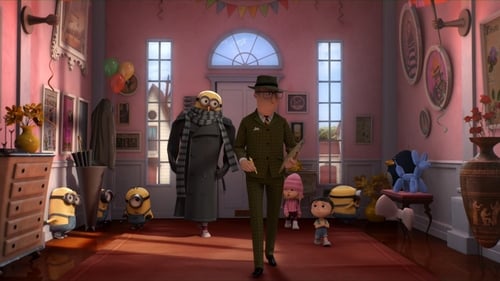
A social worker is coming to Gru's house to check if it's suitable for children. Margo, Edith, Agnes and the Minions must take care of the situation.
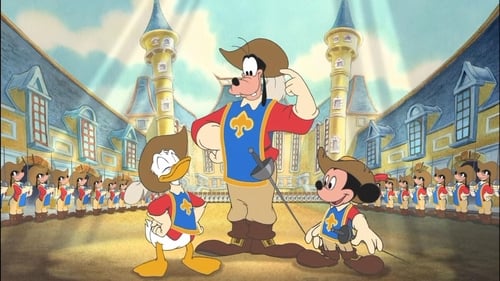
In Disney's take on the Alexander Dumas tale, Mickey Mouse, Donald Duck and Goofy want nothing more than to perform brave deeds on behalf of their queen (Minnie Mouse), but they're stymied by the head Musketeer, Pete. Pete secretly wants to get rid of the queen, so he appoints Mickey and his bumbling friends as guardians to Minnie, thinking such a maneuver will ensure his scheme's success. The score features songs based on familiar classical melodies.

The mysterious Count Orlok summons Thomas Hutter to his remote Transylvanian castle in the mountains. The eerie Orlok seeks to buy a house near Hutter and his wife, Ellen. After Orlok reveals his vampire nature, Hutter struggles to escape the castle, knowing that Ellen is in grave danger
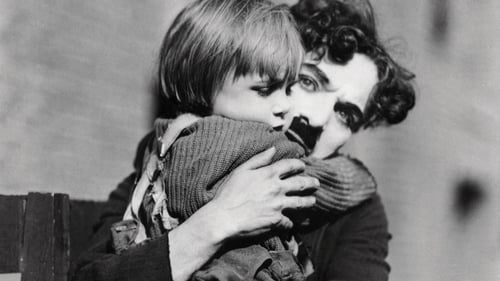
A tramp cares for a boy after he's abandoned as a newborn by his mother. Later the mother has a change of heart and aches to be reunited with her son.
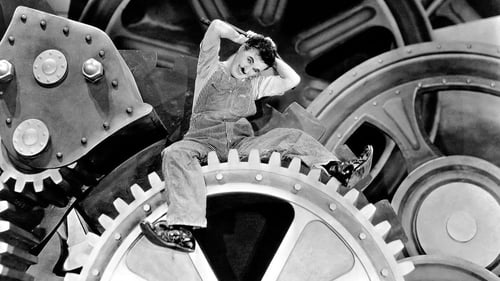
The Tramp struggles to live in modern industrial society with the help of a young homeless woman.
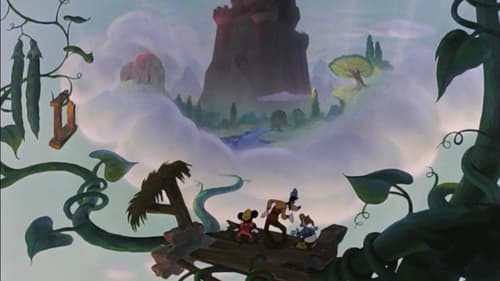
A mysterious thief has stolen the prosperous Happy Valley's most prized possession: the musical Singing Harp. Can Mickey, Donald, and Goofy find the answer in the irritable Willie the Giant's magnificent castle up in the blue sky?
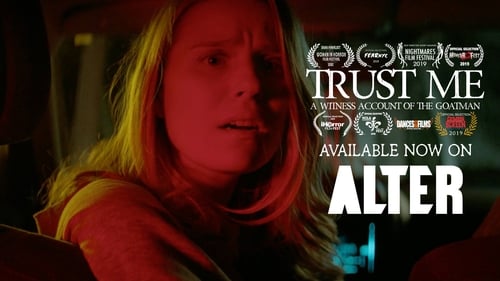
A folk horror movie about a woman who follows her boyfriend into the woods for a romantic surprise only to find something far more sinister. Inspired by thousands of witness accounts documenting the ongoing phenomenon of a certain species of shape-shifting creature in the forests of North America.

Mia recounts her most intimate confessions, uncensored, in her first approach to a totally new world of domination and submission.
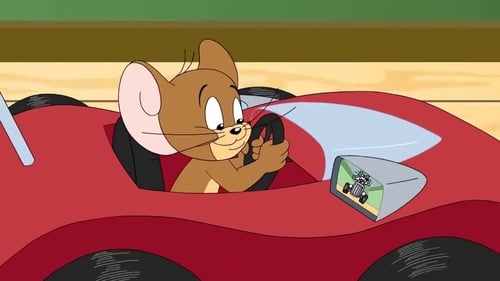
After being evicted from their old house by Tom's owner for causing major damage, cat and mouse Tom and Jerry enter a race entitled the "Fabulous Super Race" to win a mansion.
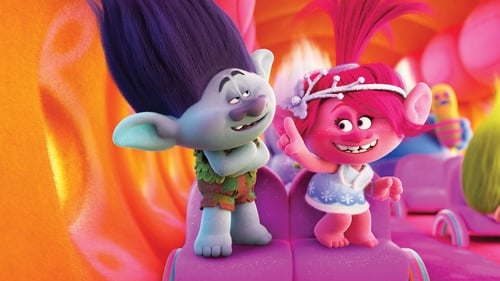
When the eternally optimistic Poppy, queen of the Trolls, learns that the Bergens no longer have any holidays on their calendar, she enlists the help of Branch and the rest of the gang on a delightfully quirky mission to fix something that the Bergens don't think is broken.
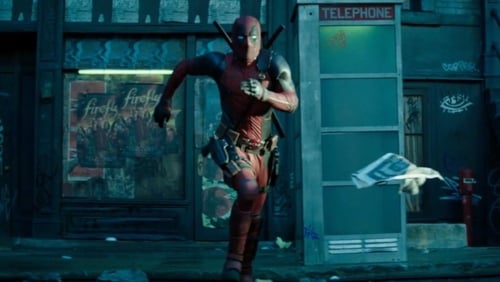
Deadpool sees an opportunity to save the day, but it doesn't go entirely as planned.

A kid begs to stay home while his older sister runs to the store. After she leaves, he wishes he would have gone because he doesn’t feel comfortable being at home in the dark as strange things start to happen...
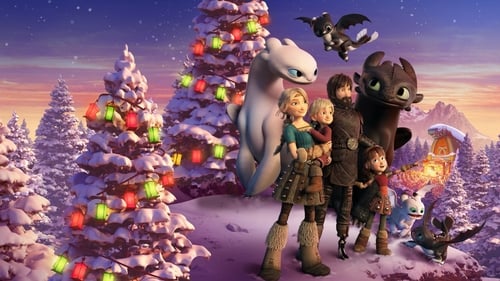
It's been ten years since the dragons moved to the Hidden World, and even though Toothless doesn't live in New Berk anymore, Hiccup continues the holiday traditions he once shared with his best friend. But the Vikings of New Berk were beginning to forget about their friendship with dragons. Hiccup, Astrid, and Gobber know just what to do to keep the dragons in the villagers' hearts. And across the sea, the dragons have a plan of their own...

A very old woman wants to have dinner with her friends. As they are all dead, the butler has to play the role of every guest.
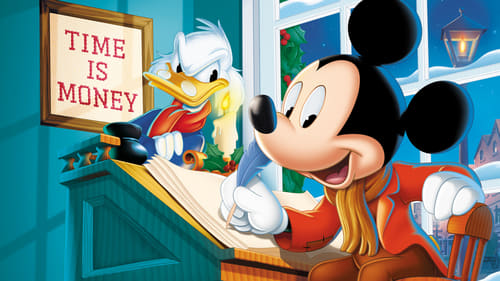
Ebenezer Scrooge is far too greedy to understand that Christmas is a time for kindness and generosity. But with the guidance of some new found friends, Scrooge learns to embrace the spirit of the season. A retelling of the classic Dickens tale with Disney's classic characters.
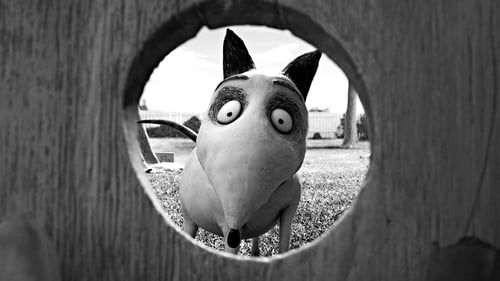
When a car hits young Victor's pet dog Sparky, Victor decides to bring him back to life the only way he knows how. But when the bolt-necked "monster" wreaks havoc and terror in the hearts of Victor's neighbors, he has to convince them that Sparky's still the good, loyal friend he was.
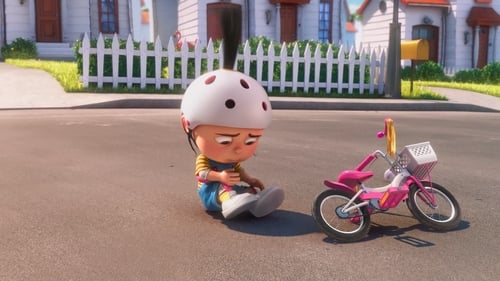
Margo, Edith, and Agnes spot an ice cream truck. The three of them go after the truck but Agnes falls as she attempts to pedal to the truck. The Minions, seeing her so upset by this, decide to build her a unicorn-themed motorcycle. Agnes goes for a little ride around town.
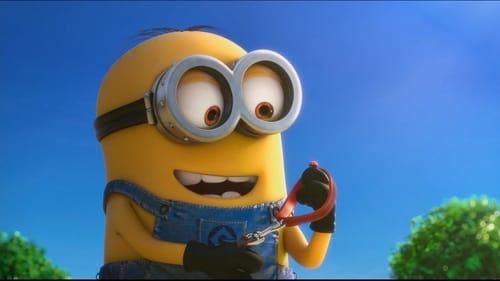
A Minion, seeing many owners walk their dogs, wants a puppy of his own. He tries to leash a ladybug but fails. Luckily, a UFO that sweeps away the ladybug somehow agrees to become a Puppy.

With a similar dreamy mood like its predecessor "Take the 5:10 to Dreamland" (1976) this clip starts with a boy getting into his bed. The camera zooms in into the boy's mind and a slow, sad waltz (i.e."Valse Triste") accompanies images of a locomotive, a miner, the globe, the sky, a sheep heard, etc. Disparate elements, but if one concentrates only at the movement of the figures, one can perceive a commotion, slowly livening up: The starting wheels of the heavy locomotive, the tired miner pushing the heavy cart of coal bricks, the globe smoothly turning around and around, the clouds imperceptibly floating in the sky, the sheep idly moving in the herd, etc. We reach the first climax when a mannequin opens her coat like a flower. The second big crescendo spurts out from a "water hose", after watching schoolgirls doing gymnastics for quite a while. A sad, but nostalgic aftertaste lingers in the end when funeral cars drive away through a flooded area…

A short film where circus performers entertain children.

A high-speed view of Paris via train-track; Zooming down the Seine by boat. Chomette's first film, Games of Reflections and Speed, traverses tunnels and elevated railways to produce a disarming rhythm.
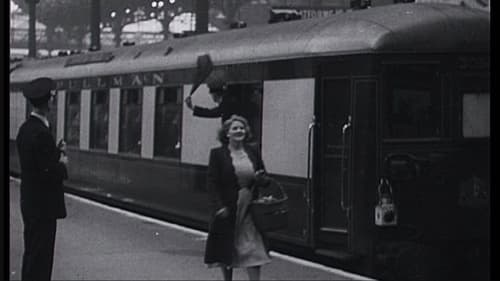
London to Brighton in 4 minutes BBC interlude. From the days when TV was all live and programming was hectic. Often when one program finished, the next one was not ready yet, and the gap had to be filled. So the BBC developed a number of interludes to fill these gaps, this being the most famous one.
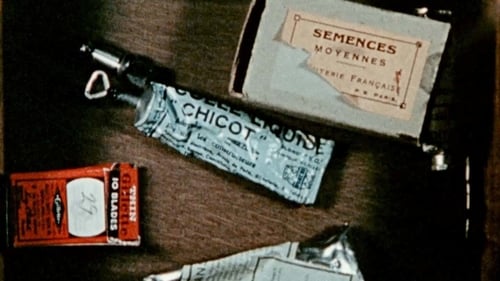
Featuring a commentary by Noël Burch (in nonsense French), Recreation's rapid-fire montage of single-frame images of incredible density and intensity has been compared to contemporary Beat poetry.

With the screen split asymmetrically, one part in positive, the other negative, the film documents the evolution of simple celled organic forms into chains of cells then more complex images from tribal cultures and contemporary modernist concepts. The images react, interpenetrate, perhaps attack, absorb and separate, until a final symbiosis (or redemption?) is achieved.

In this homage to Zen poet Basho, the subtle changes of a pond are chronicled on film over a period of time. Broughton recites his cuckoo haikus in the background.

A wall blocks the path of two people. One man submits, while the other refuses to admit defeat.

An experimental short film from Stan Brakhage.

A parade of popular consumer items cut to "The Battle Hymn of the Republic". A great example of Pop Art in film.

A short film in which pieces of paper fly off of an animated cube.

A day at the carnival — sensational tent shows where miracles can be seen for the price of admission, boisterous noise of crowds and barkers, shrill and gaudy circus music, the violence of the street ten-fold. This is the substance of Everything Turns, Richter’s first sound film. At its premier at Baden-Baden Richter got into a fight with two Nazi officials who disliked the film's ‘modernism.’ Yet in 1936 it was awarded first prize for artistic merit by the Nazis, with Richter’s name suppressed from the credits. He had long since left Germany.

"Made with spray paint and hand-cut stencils, this film was an attempt at maximum plastic intensity… Places Breer for the first time among the major colorists of the avant-garde." – P. Adams Sitney

Intended as a publicity film for Chrysler, Rhythm uses rapid editing to speed up the assembly of a car, synchronizing it to African drum music. The sponsor was horrified by the music and suspicious of the way a worker was shown winking at the camera; although Rhythm won first prize at a New York advertising festival, it was disqualified because Chrysler had never given it a television screening. P. Adams Sitney wrote, “Although his reputation has been sustained by the invention of direct painting on film, Lye deserves equal credit as one of the great masters of montage.” And in Film Culture, Jonas Mekas said to Peter Kubelka, “Have you seen Len Lye’s 50-second automobile commercial? Nothing happens there…except that it’s filled with some kind of secret action of cinema.” - Harvard Film Archive

Two Penny Magic (Zweigroschenzauber) starting off with a little magic trick. It then presents an array of images from swimmers, bicyclers, murderers, airplanes in flight, boxers, lovers, runners, becoming in the end a collection of images in a magazine.
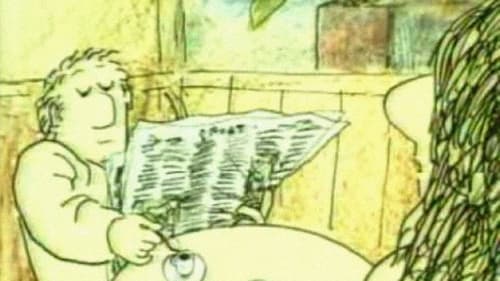
A man and a woman converse at a cafe's bar in this animated short.

A fast-paced rhythmic impression of dancers, musicians and sportsmen at a highlands event.

A man talks about addiction to barbiturates.

It is one of the most stirring animated films in the history of animation. In a simple, but powerful way Czekala presents a horror that happened in concentration camps – prisoners’ dread, humiliation and lost humanity. The everyday roll-call ends tragically because of prisoners’ “insubordination” in this black and white film. The Roll-Call crossed borders of what can be presented or not in animation. It is sometimes interpreted as a response to the trend of allegorical and philosophical films that dominated in Polish animation in 1960s.


























